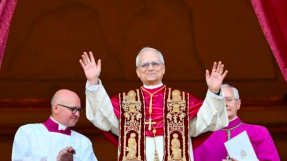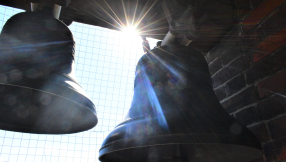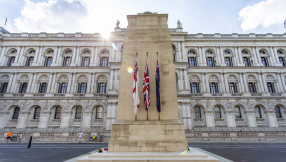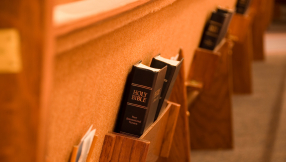German Churches Vow to Continue Anti-Sex Trafficking Campaign
Ahead of the month-long campaign, posters and postcards were distributed to potential clients while a telephone hotline was also set up as part of the campaign launched by the "Diakonisches Werk", the social service agency of the Evangelical Church in Germany (EKD).
"We started the campaign during the World Cup, because we were afraid that forced prostitution and human trafficking would increase because of a rise in demand for prostitution", Barbara-Maria Vahle, the spokesperson of the church agency, told Ecumenical News International.
|QUOTE|Although the fears were allayed, the campaign showed considerable success with the number of calls to the telephone hotline increasing with each week of the event and including calls from victims of forced prostitution and human trafficking as well as clients reporting women in distress.
According to Corinna Dammeyer of the women’s refuge “Nadeschda” in Herford, northern Germany, fears of an increase in forced prostitution over the World Cup proved largely unsubstantiated, although the telephone hotline did contribute to the rescue of eight women.
Church officials urged that the campaign must continue, however.
|AD|"We are confident that in the long run we can succeed in raising public awareness about the human rights violations against women," said Michael Handrick, head of the campaign organized by the "Diakonisches Werk", the social service agency of the Evangelical Church in Germany (EKD).
Bernd Schlueter of “Diakonisches Werk” added that even though there did not appear to be a huge increase in forced prostitution during the World Cup, the problem should not be underestimated.
"We always distance ourselves from what are sometimes horror scenarios but we also have to counter those who want to minimise the problem because they feel uncomfortable with it,” said Schlueter.
He added that forced prostitution was an escalating problem in poverty-stricken eastern Europe.
"The important thing is that even after the World Cup we keep our eye on the ball through our lobbying and by offering counselling to affected women."













